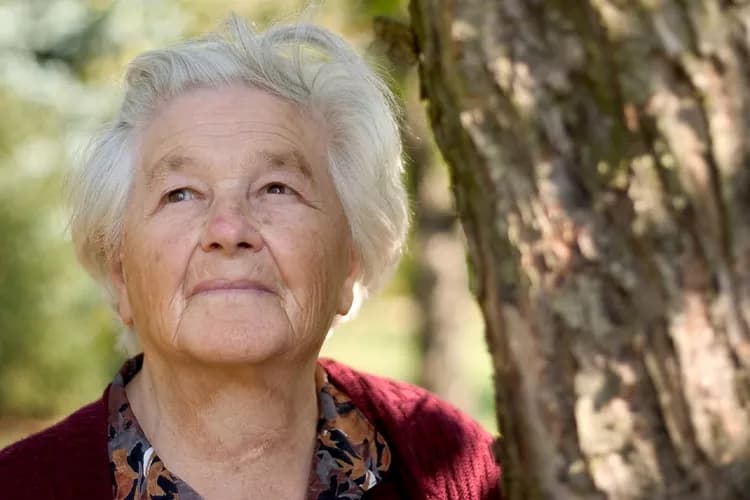Each injury means a little more as individuals age -- more impact and more healing time.
A group of scientists and dermatologists are now looking at the role sweat glands play in how aging skin recovers from wounds. It's a step to better learn about aging skin, in order to better treat -- and slow -- the process.
Their research, recently published in Aging Cell, compared 18 elderly subjects' skin to 18 young adults' skin, to see how each group healed from skin lesions. The lesions were smaller than the diameter of a pencil eraser, performed under local anesthesia.
"We've identified, for the first time, the cellular mechanisms of altered skin wound repair in elderly patients," says first author Laure Rittié, Ph.D., research assistant professor in the University of Michigan Department of Dermatology.
Beyond the underarm
The researchers had already determined eccrine sweat glands, which are located throughout the body, are important for wound closure. They are major contributors of new cells that replace the cells that were lost due to injury. This finding led to a new research question.
"Since we know elderly people tend to sweat less than young adults, we concentrated on this healing function of sweat glands," Rittié says.
In young people, they discovered sweat glands contributed more cells to wound closure than in aged adults. The cells in aged skin weren't as cohesive, either. Fewer cells participating, spaced further apart, means a delay in wound closure and a thinner repaired epidermis in aged versus young skin.
It wasn't that the sweat glands were less active in older people, rather, that the environment in the aging skin had been slowly degraded, making the skin structures less able to support the new cells that were generated.
"This tells us that, beyond the frustrating appearance, skin aging also negatively impacts the ability of the skin to repair itself," Rittié explains.
The differences in young and aged skin healing were clear from the beginning of the healing process. The skin was considered healed when the new growths merged together and the scab fell off the surface.
"These important findings could not have been revealed in animal studies because laboratory animals don't have sweat glands, they don't sweat like we do," notes senior author Gary Fisher, Ph.D., Harry Helfman Professor of Molecular Dermatology in the U-M Department of Dermatology.
Clinical implications
The elderly especially would benefit from better skin healing, and Rittié and her team plan to continue the research with that target.
"Limiting skin damage during the aging process is likely to limit the negative impact of aging on wound repair," she says. "This study teaches us that poor wound healing and wrinkling and sagging that occur in aging skin share similar mechanisms. Chronic sun exposure is an important factor that damages skin structures that normally support sweat glands. This is thus yet another good reason to wear sunscreen!"
The above post is reprinted from materials provided by University of Michigan Health System. Note: Materials may be edited for content and length.
Disclaimer: DoveMed is not responsible for the adapted accuracy of news releases posted to DoveMed by contributing universities and institutions.
Primary Resource:
Rittié, L., Farr, E. A., Orringer, J. S., Voorhees, J. J., & Fisher, G. J. (2016). Reduced cell cohesiveness of outgrowths from eccrine sweat glands delays wound closure in elderly skin. Aging cell.
Related Articles
Test Your Knowledge
Asked by users
Related Centers
Related Specialties
Related Physicians
Related Procedures
Related Resources
Join DoveHubs
and connect with fellow professionals


0 Comments
Please log in to post a comment.